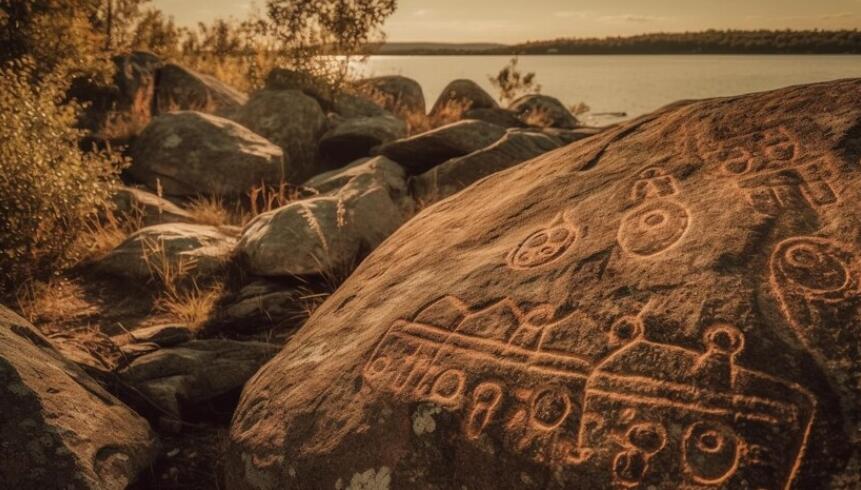What is Archeology?
Archeology is the study of ancient human societies through the material remains found by archaeologists. With archeology, human beings can learn about the culture and customs of their ancestors.
Archaeologists, researchers who study the science of archeology, are responsible for identifying, studying and searching for objects that belonged to ancient peoples, helping to understand the sociocultural structure of primitive societies and the process of evolution and transformation of social groups over the years..
The archaeological information obtained by researchers can be extracted from any type of material built (or destroyed) by humans, such as vases, paintings, kitchen utensils, tools, weapons, etc.
Etymologically, the word “archaeology” came from the junction of two Greek terms: archaios, which means “past” or “ancient”; and logos, which means “science” or “study”; therefore, archeology means “science that studies the past” or “science that studies the ancient”.
Ancient objects are mainly found through excavations, at so-called “archaeological sites”.
To practice the profession of archaeologist, a person must complete a higher education course in archeology.
Archeology and Paleontology
Many people confuse archeology with paleontology.
Archeology is limited to looking for, identifying and studying objects made by humans in antiquity, with the aim of learning a little about the customs and traditions of primitive societies.
Paleontology, in turn, studies fossilized fauna and flora, with the aim of knowing the varieties of animal and plant species that inhabited the Earth thousands or millions of years ago.
The B’s are researchers who study dinosaurs and other animals that have already gone extinct.
List of Acronyms Related to Archaeology


